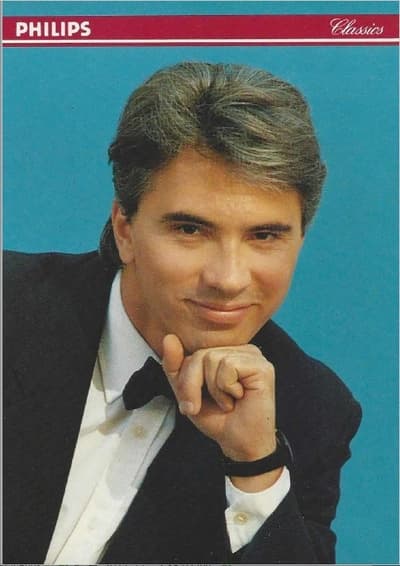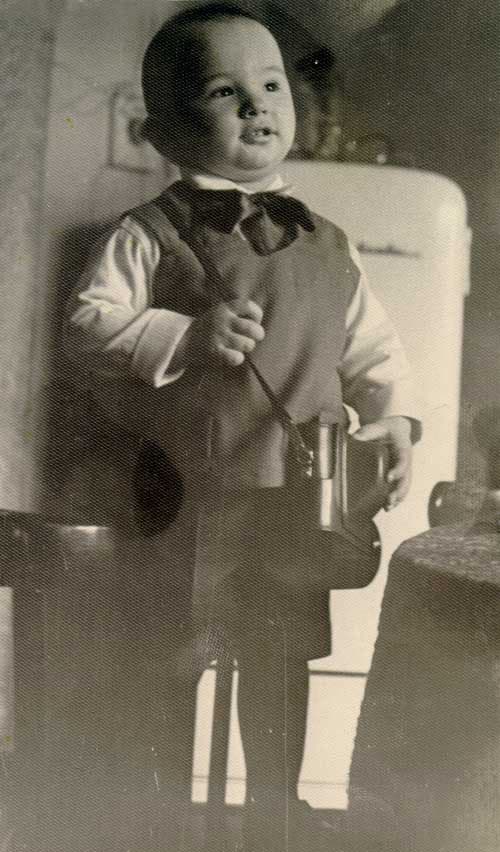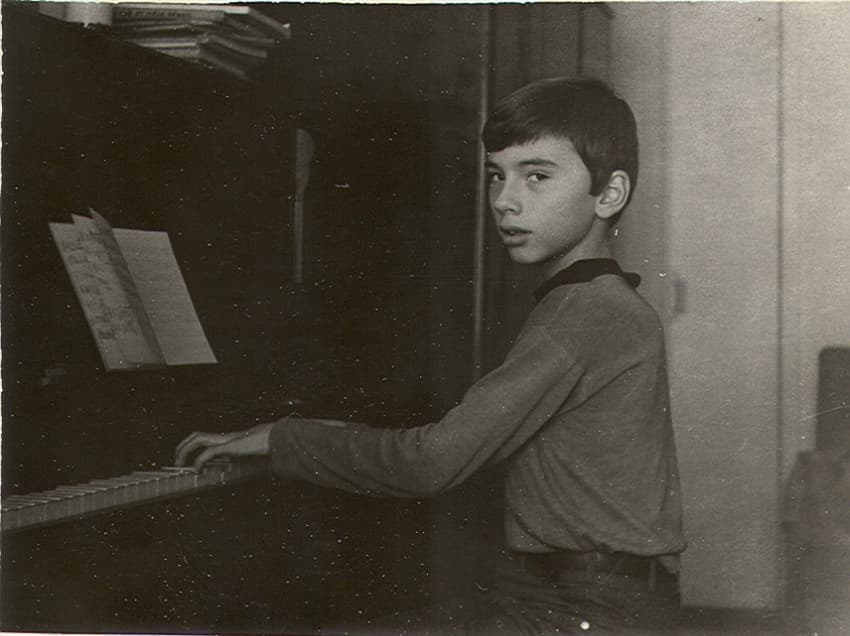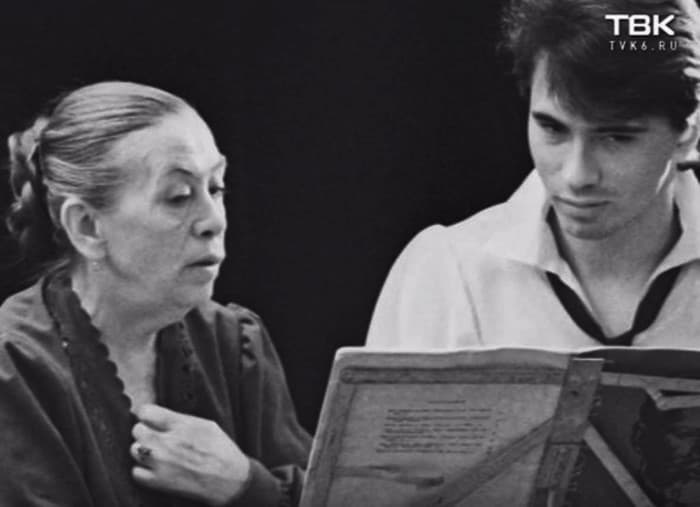He was affectionately known as “Dima” to his family and closest friends, and he commanded the operatic stage with his smouldering good looks and one of the most distinctive voices of his time. Dmitri Hvorostovsky’s voice is intoxicated with luxury, has a beautiful timbre, precise intonation and seamless legato, and has immaculate breath control. He catapulted to international prominence in 1989, winning the “BBC Cardiff Singer of the World competition” in Wales by beating the local favourite Bryn Terfel in the final round.
Dmitri Hvorostovsky Sings Handel’s Xerxes, “Ombra mai fù”
Krasnoyarsk

Dmitri Hvorostovsky
Dmitri Hvorostovsky was born in Krasnoyarsk, Siberia, on 16 October 1962. The city was once a major centre for the gulag system, and under Soviet rule, it was home to an air base and a highly secret radar installation. As such, it was almost completely closed to foreigners. His father was a chemical engineer and his mother a gynaecologist, and both parents had extremely time-consuming careers that only allowed for visits at home during weekends and holidays.
The whole family loved music, and his father was a capable pianist and excellent amateur vocalist who also collected rare vocal recordings. His mother also had a beautiful voice, and being raised in a musical environment, Dima listened to classical music, sang and played the piano from an early age. Hvorostovsky was raised by his grandparents, with his grandfather, according to Dmitri, “a war veteran suffering from alcoholism.” His grandmother, however, “was a deep and wonderful woman who spoiled and cherished me.”
Dmitri Hvorostovsky Sings Verdi’s Don Carlos, “O Carlo, ascolta”
Education

Dmitri Hvorostovsky as a young boy, 1964
Dima started singing at the age of 4. “I always wanted to be in music,” he explained. “I was bad at math, Russian and literature, and I guess I was somewhat of a wild boy. I used to play soccer and liked boxing and swimming. But through it all, I loved music.” He entered the Children’s Music School No. 6 at the age of seven, majoring in piano. He had good pianistic skills, absolute pitch, and a clear and gentle voice. Apparently, he was able to solve solfeggio exercises quickly and correctly, but unruly behaviour necessitated a transfer to the Music School No. 4, where he graduated in 1978.
By 1979, Dima entered the Krasnoyarsk Pedagogical College, named after A.M. Gorky, in the department of choral conducting. He was serving as an accompanist and also led the choir. However, he continued singing and met his first vocal teacher G.A. Astanina. According to Hvorostovsky, “she was the one to awaken my professional interest in singing, made me believe in myself and my abilities, and also taught me how to use them.”
Dmitri Hvorostovsky Sings Donizetti’s La Favorita
Rock and Roll

Dmitri Hvorostovsky in 1974
Hvorostovsky always enjoyed being on stage. As such, before he joined the Krasnoyarsk State Institute of Arts, he became active in a rock band as a hobby. As he recalls, “in that Soviet period, rock was forbidden, so it was my resistance against it. In addition, it was a good opportunity to be popular with the girls.” However, as his voice changed and gradually matured, Dima started to focus on legitimate vocal training, and his rock and roll career came to a sudden end.
He enrolled in the class of famed vocal instructor Ekaterina Konstantinovna Iofel, who established the department of solo singing and opera preparation at the Krasnoyarsk State Institute of Arts. In fact, she was the head of the department for 20 years and trained more than 100 artists, including Dima. He described her as his greatest influence, “cynical, honest, possessive, powerful and tough.”
Dmitri Hvorostovsky Sings Gounod’s Faust, “Valentin’s aria”
The Breakthrough

Ekaterina Konstantinovna Iofel and Dmitri Hvorostovsky
Hvorostovsky was known as a temperamental and restless young man, but he became fanatic about singing. As he relates in his memoirs, “I sang 5 to 6 hours a day. It was impossible to stop me. My mum nicknamed me cockerel because I couldn’t be stopped.” During his study with Iofel, “he sang one hour in vocal lessons, one hour between lessons, one hour with my friends, and I sang two hour at home at my own.”
Concurrently with his studies at the institute, Hvorostovky started to earn a living at the Krasnoyarsk State Opera and Ballet Theatre. Since he was a young artist, he initially only sang minor roles but was quickly promoted to soloist. Within a single year, Dima became the main voice of the theatre. And he started to enter competitions. As he remembered, “I thought highly about myself, and I was absolutely sure that I would win all competitions. And I won. I won all four competitions I took part in: the Russian national competition in Perm, the USSR national competition in Baku, then in Toulouse and Cardiff. I won four competitions without a shadow of a doubt.”
For more of the best in classical music, sign up for our E-Newsletter
